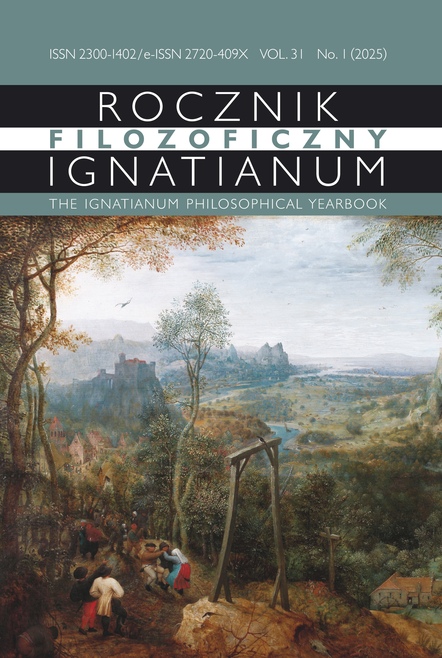Nulla poena sine lege
Some Remarks on Humane Punishment in Early Poland
Abstract
The purpose of this study is to characterise and analyse the procedural guarantees expressed in the act passed on 17 May 1791 – Sejm Courts. This act is a so-called peri-constitutional act, completing the achievements of the Four-Year Sejm, also known as the Great Sejm, sitting in the years 1788–1792. The problem of subjective rights is presented against the background of contemporary procedural institutions, showing the continuity of law as a historical phenomenon. The Sejm Courts Act was enacted shortly after the promulgation of the Government Act – 17 May 1791 – and it reflects the postulates of the humanitarian school, creating an almost complete catalogue of subjective rights. This piece of legislation, however, represents a kind of exception on the ground of 18th-century Polish legislation. The reform of the criminal trial, focused on the procedural protection of the accused, was not reflected in the functioning of other courts of the then Republic. The catalogue of rules expressed in the law for the procedural protection of the subjudice are: nemo iudex in causa sua; guarantee of proper service of process; extension of the personal immunity guarantee principle (neminem captivabimus nisi iure victum); limitation of pre-trial detention with a definition of how deprivation of liberty should be carried out; right to a defence (including ex officio); possibility of excusing justified absence; the openness of the trial; the free evaluation of evidence; the implementation of the guarantee function of criminal law, by introducing the principle of nullum crimen sine lege; the resolution of doubts in favour of the accused (in dubio pro reo); and the determination of the date and form of the announcement of the judgment, which intertwined with the accused’s right to have his case heard within a reasonable time.
Copyright (c) 2025 Ignatianum University in Cracow

This work is licensed under a Creative Commons Attribution-NoDerivatives 4.0 International License.
The Yearbook only accepts materials for publication that are free of all conflicts of interest, and that in no way involve conflicts over authorship, copyright, etc. The Editors will take action against any cases of plagiarizing, ghostwriting1, guest/honorary authorship2, etc. Where co-authored work is concerned, the Author listed first is expected to take responsibility for the submission, and is required to make clear the contributions of all of the Co-Authors involved. In the event of the publication owing its existence to funding dedicated to this purpose, this fact should be made clear: e.g. in any note of thanks/acknowledgement, or in a footnote, etc. Explicit notification should be given of any form of reprinting, with the appropriate evidence of permission to publish being furnished as required. Any impropriety on the part of Authors/Reviewers risks exposing them to appropriate responses from the relevant institutions.
______
1 This term refers to instances of a person who has made an essential contribution being omitted from the list of authors, or from notes conveying gratitude and/or acknowledgement.
2 This occurs when a person who has made either an insignificant contribution or no contribution at all nevertheless appears on the list of authors.





